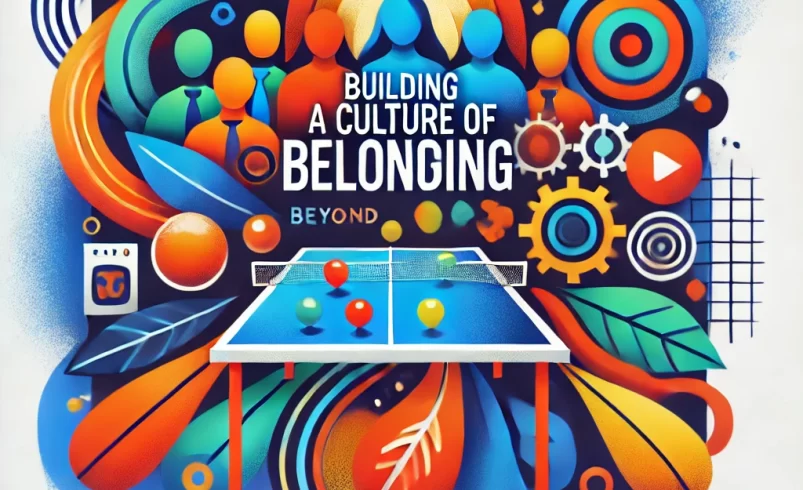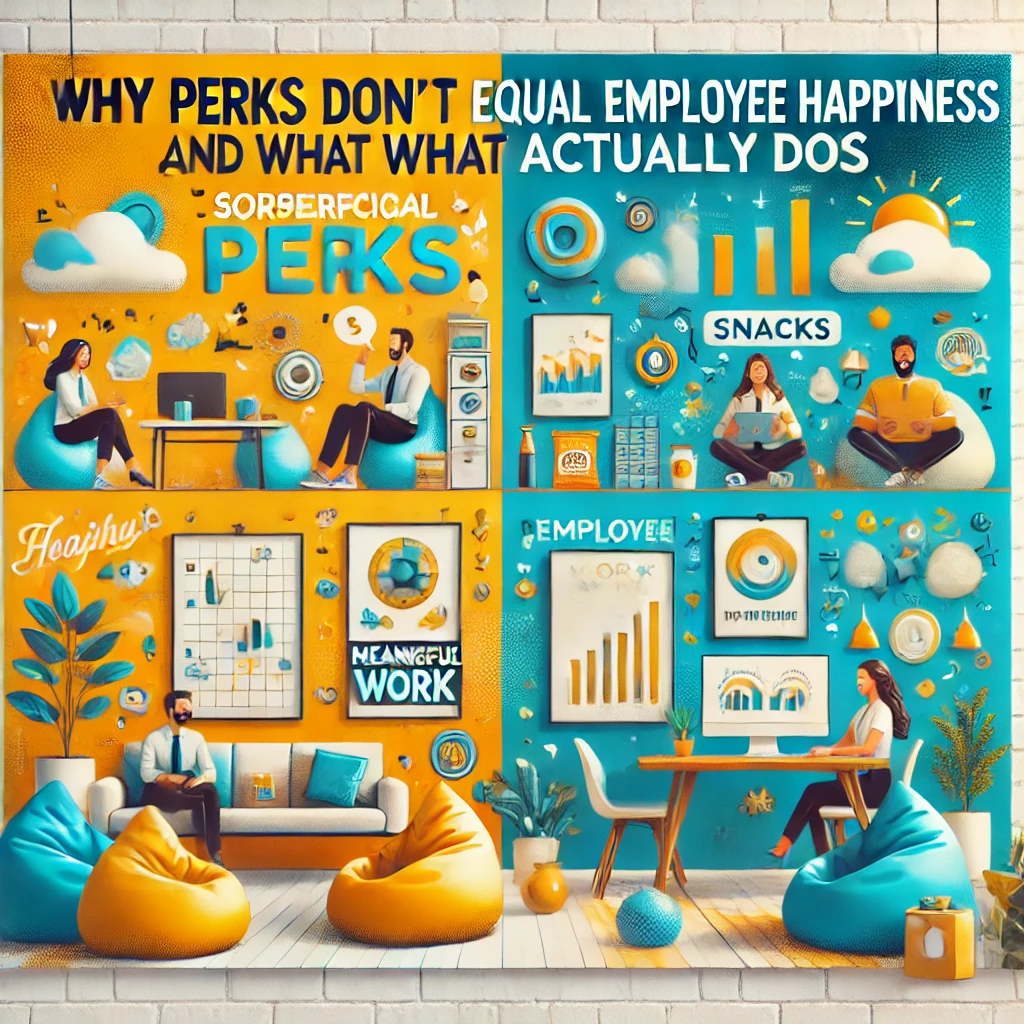In today’s workplaces, the idea of employee engagement often gets confused with surface-level perks. Companies boast about their bean bags, ping-pong tables, and fully stocked snack bars. But let’s be honest—do these really make employees feel like they belong? Not really. Belonging goes much deeper than free coffee and casual Fridays. It’s about creating an environment where people feel valued, heard, and genuinely included. So, how can organizations in India and beyond build this culture of belonging? Let’s talk about it.
What Does Belonging Really Mean?
Belonging is more than just being present in the office; it’s about feeling safe to express your ideas, being accepted for who you are, and knowing that your work matters. Imagine joining a team where everyone else is from the same city, speaks the same language, and shares inside jokes. You’d naturally feel like an outsider. Now, flip that—imagine a team that actively includes you in conversations, asks for your opinion, and respects your unique perspective. That’s belonging.
Why Perks Aren’t Enough
Let me share a quick story. A friend of mine joined a tech startup in Bengaluru. They had everything—free lunches, game zones, even nap pods. Sounds amazing, right? But he felt out of place. Why? Because his manager never involved him in key projects, and team meetings felt like a closed club. The perks were great, but they didn’t make him feel included. Eventually, he left. This isn’t a one-off story. It happens all the time when companies focus on perks instead of people.
How to Build a Culture of Belonging
- Start with Leadership
Leaders set the tone. If managers are inclusive, the team follows. Encourage leaders to have open conversations, show vulnerability, and actively listen. In Indian workplaces, hierarchical structures can make junior employees hesitant to speak up. Leaders need to break that barrier. - Recognise and Celebrate Diversity
India is incredibly diverse—languages, cultures, festivals. A simple step like celebrating regional festivals or offering flexible holidays for personal occasions can make employees feel seen. For example, if your company in Mumbai has employees from the Northeast, how about celebrating Bihu or acknowledging their traditions? - Create Safe Spaces for Dialogue
Regular check-ins and feedback sessions create opportunities for employees to share their thoughts without fear. Anonymous suggestion boxes or digital feedback forms can encourage honest communication. - Inclusive Decision-Making
Involve employees in decisions that impact them. Whether it’s changing office policies or introducing new tools, getting employee input makes them feel valued. Form committees with diverse team members to represent varied perspectives. - Mentorship and Growth Opportunities
Pair employees with mentors from different backgrounds. This not only supports professional growth but also builds relationships across teams. For example, a junior developer from a small town in Uttar Pradesh can gain so much from mentorship with a senior leader. - Communicate Openly and Transparently
Nothing breaks trust faster than secrecy. Regular updates, town halls, and open-door policies ensure employees feel included in the company’s journey. Share both wins and challenges—transparency fosters trust. - Support Employee Resource Groups (ERGs)
Encourage the formation of groups around shared identities or interests—women in tech, LGBTQ+ allies, or even book clubs. These groups offer a sense of community within larger organisations. - Prioritise Well-being Over Optics
Providing mental health support, flexible work hours, and clear boundaries between work and personal life shows employees that you genuinely care. It’s not about looking good; it’s about doing good.
Real-Life Examples in Indian Companies
- Tata Group: Tata is known for its inclusive work culture. They focus on employee welfare through educational scholarships, housing schemes, and healthcare benefits. It’s not just perks—it’s about improving employees’ lives.
- Infosys: Infosys has multiple programs for employee well-being, including mental health support and career growth initiatives. They understand that employee experience is more than surface-level perks.
- Zomato: During the pandemic, Zomato introduced period leave, acknowledging a very real need for women employees. This small but meaningful step resonated deeply and showcased inclusion in practice.
Moving Beyond the Basics
Building belonging isn’t a checklist. It’s an ongoing effort. Companies need to constantly ask: Are our employees feeling connected? Are we supporting them in ways that matter? It’s about evolving with employee needs.
And hey, I’m not saying ping-pong tables are bad. But they should complement, not replace, genuine efforts to create inclusive and supportive workplaces.
Final Thoughts
Belonging isn’t built overnight. It takes time, intention, and continuous effort. But the payoff? Engaged, loyal, and motivated employees who drive business success. So, let’s move beyond bean bags and start building workplaces where everyone truly belongs.








